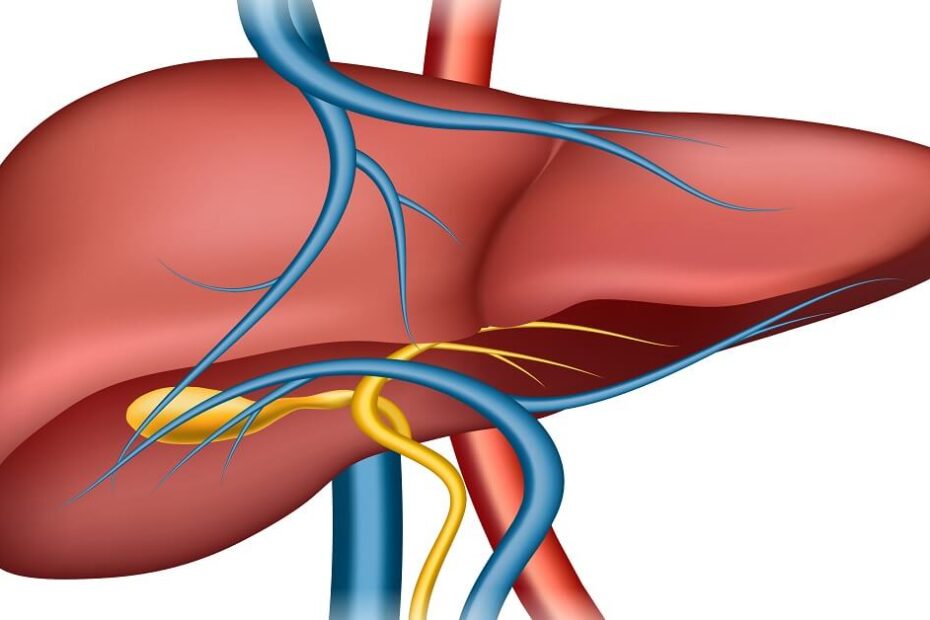Liver is a key role in controlling blood sugar balances. However, the liver’s overproduction of glucose can result in elevated levels of blood sugar, which can be dangerous, berberine hcl is control the glucose particularly for those with diabetes. With the goal of lowering the amount of sugar produced by the liver, this article will discuss how to increase general health and blood sugar regulation.
- Balanced Nutrition: The Foundation of Liver Health
In order to control liver function, a balanced diet is crucial. To provide the liver the nutrition it needs and to encourage healthy function, place an emphasis on full, nutrient-dense meals.
Embrace Complex Carbohydrates: Choose complex carbs instead, including those found in whole grains, legumes, and vegetables. These gradually release glucose, avoiding sharp blood sugar rises.
Prioritize Lean Proteins: Lean protein sources including poultry, fish, tofu, and beans should be consumed. Protein maintains the general health of the liver and controls blood sugar levels.
Healthy Fats in Moderation: Include sources of healthy fats including avocados, nuts, seeds, and olive oil in moderation.
- Portion Control: Maintaining Balance
Controlling portion sizes is crucial in managing blood sugar levels. Avoid oversized meals that can overwhelm the liver’s glucose production to buy berberine.
Mindful Eating: Pay attention to hunger cues and eat slowly. This allows time for your body to signal fullness, preventing overconsumption.
Use Smaller Plates: Opt for smaller dishware to visually trick your brain into perceiving smaller portions as substantial.
- Fiber-Rich Diet: Aiding Digestion and Blood Sugar Control
Fibre is necessary for digestion and aids in blood sugar regulation by delaying the absorption of glucose.
To acquire the appropriate amount of fibre, include a lot of fruits, vegetables, whole grains, and legumes in your diet. These meals provide essential nutrients and support stable blood sugar levels.
- Minimize Refined Sugars and Processed Foods
Refined and foods high in refined sugar can induce quick spikes in blood sugar levels, which puts additional strain on the liver’s capacity to create glucose.
By reading the labels, you may avoid products that include high fructose corn syrup, additional sugars, and highly processed components. When possible, choose unprocessed, entire foods.
Limit Sugary Snacks and Beverages: Replace sugary snacks and drinks with healthier alternatives like fruits, nuts, herbal teas, and water.
- Regular Exercise: Enhancing Insulin Sensitivity
Workout has been proven to greatly improve insulin sensitivity, enabling cells to absorb glucose more efficiently.
Walking, cycling, swimming, and walking are excellent aerobic exercises for improving insulin sensitivity and liver function in general.
Utilise resistance training to increase lean muscle mass, which can assist control blood sugar levels.
- Hydration: Supporting Overall Health
All biological processes, including liver health and blood sugar control, depend on proper hydration.
Drink Enough Water: To be properly hydrated, try to consume at least 8 cups (64 ounces) of water each day.
- Limit Alcohol Consumption
Alcohol abuse can harm the liver’s ability to regulate blood sugar levels.
Discipline is the key to responsible alcohol consumption. Men should aim for no more than two drinks each day, while women should limit their intake to one.
- Manage Stress: The Impact on Blood Sugar Control
Chronic stress can elevate blood sugar levels by triggering the release of stress hormones. Incorporate stress-reducing practices into your daily routine.
Mindfulness and Relaxation Techniques: Engage in activities like meditation, deep breathing exercises, yoga, or spending time in nature.
Prioritize Self-Care: Dedicate time to activities that bring you joy and relaxation. This could include hobbies, spending time with loved ones, or pursuing creative outlets.
- Get Quality Sleep: The Link to Blood Sugar Regulation
The body’s capacity to control blood sugar levels might be interfered with by little or poor-quality sleep.
Set Up a Sleep Schedule: Establish a relaxing nighttime routine and strive for 7-9 hours of restful sleep each night.
- Consult with a Healthcare Professional
For individuals struggling to regulate blood sugar levels, it is crucial to seek guidance from a healthcare provider. They can offer personalized advice and monitor progress towards improved blood sugar control.
Conclusion: Empowering Your Liver, Regulating Your Blood Sugar
Decreasing sugar production in the liver is a multifaceted process that involves a combination of dietary, lifestyle, and exercise changes. By implementing these practical strategies, you can support your liver’s function and achieve better blood sugar control. Remember, consistency and mindfulness in your approach are key.
Embrace this journey towards improved blood sugar regulation, and let it be a testament to the power of informed choices in promoting overall health and wellness.
